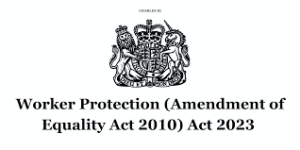

All content © HRadviser 2022
There will be a number of changes to flexible working arrangements in the workplace as the Employment Relations (Flexible Working) Act 2023 has completed its passage through Parliament and now awaits Royal Assent.
The main changes are:
It hasn’t changed the following:

All content © HRadviser 2022